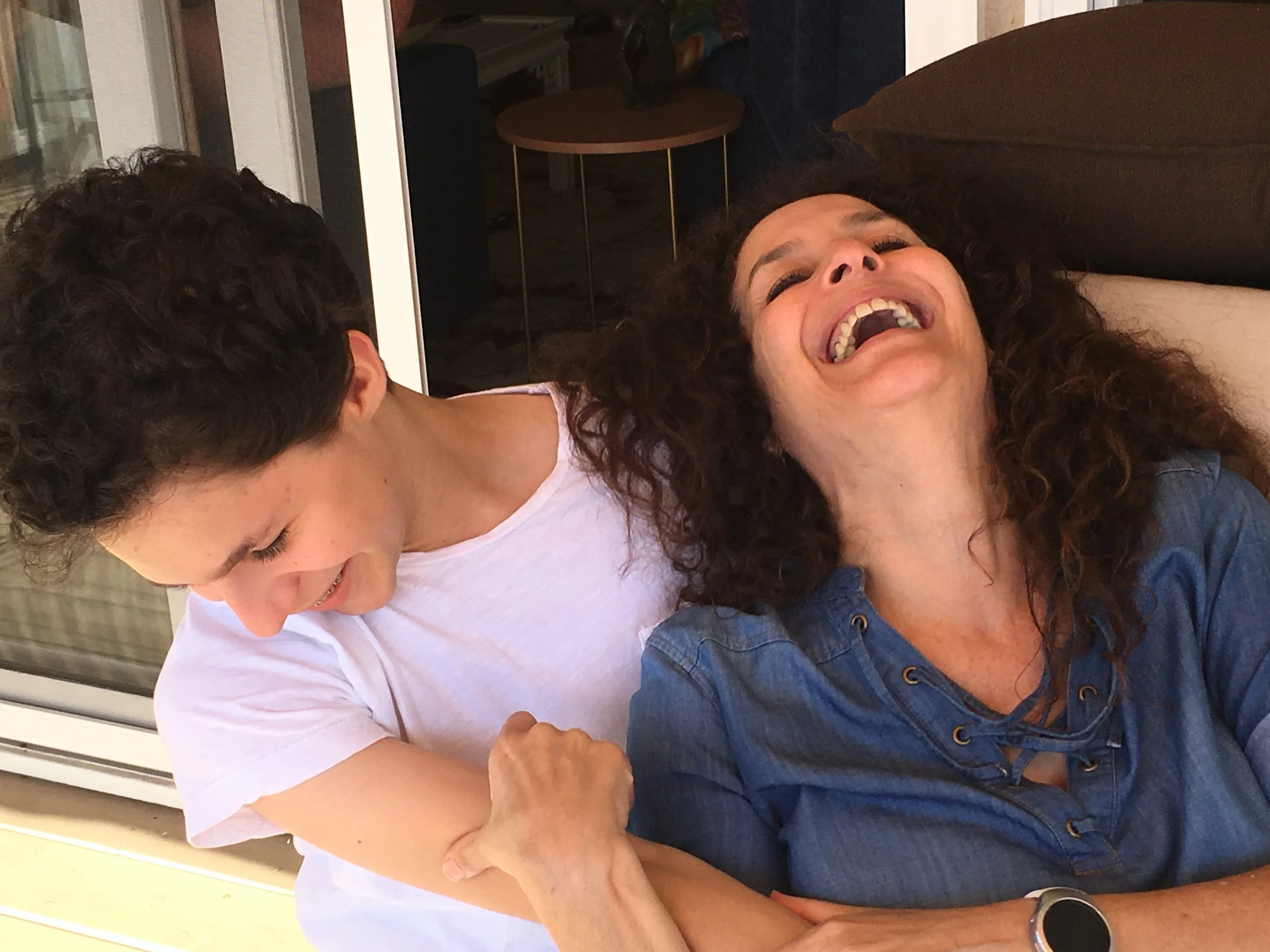After Love Died
/After Love died, I shattered. To all appearances, a version of me continued to function, carrying
on with the myriad of tasks sudden death leaves behind. A few weeks later, a series of
suggestions and circumstances led me to Marilyn Kaplan’s bereavement group at Hoag
Hospital. The group helped me walk through sorrow, and painstakingly begin to create a new
life.
Ten years later, Marilyn invited me to create a poem for the groups’ Thanksgiving Eve event.
Here is the poem. Muse tells the story far better than me.
Journey to self
Love’s death marked the beginning
of my solitary life
an end to accommodating
the myriad compromises
of living with another
untethered
alone
the self I knew
shattered crystal
held together by suffocating grief
suspended in uncertainty
tortured by the possibility
he drowned
the futility of what might have been
loneliness waited patiently
as sorrow and regret consumed me
a woman I barely recognized
began to surface
an incongruous reflection
eyes caverns of loss
belying a smile
that was more a tic
a peculiar Tourette’s
incongruous
bereavement group at Hoag
offered hope
wrapped in tearstorms
Marilyn led us through pain
with compassion and wisdom
sessions beginning with checking in
our names
that of our loved one
date of death
and cause of death
wrenched from our sorrow
she said there would be gifts
the worst had already happened
I was incredulous
angry
how could she possibly understand
we held each other’s hands
toddlers in a changed world
journaling
writing goodbye letters
describing the day before
the nightmare of death
ever so slowly
the comfort of shared loss
worked its magic
we began to care
first about each other
eventually ourselves
check-in less wrenching
weeks and milestones passed
in agonizing darkness
a dozen kindred spirits
combined our inner light
to find our way
lunch, coffee
a slumber party
the first New Year’s Eve
friendships emerged
that have grown to lifelong connection
enduring ten years later
through distance
marriages
the roller coaster of our lives
characterized by love and laughter now
memories eliciting smiles
warm tears
you wouldn’t recognize our group now
born in shared pain and grief
nurtured as we held each other’s spirits
secure in understanding
life goes on
in its astounding
fragile
glory.
Selma Mann
Hoag Pastoral Care Program,
November 27, 2019











